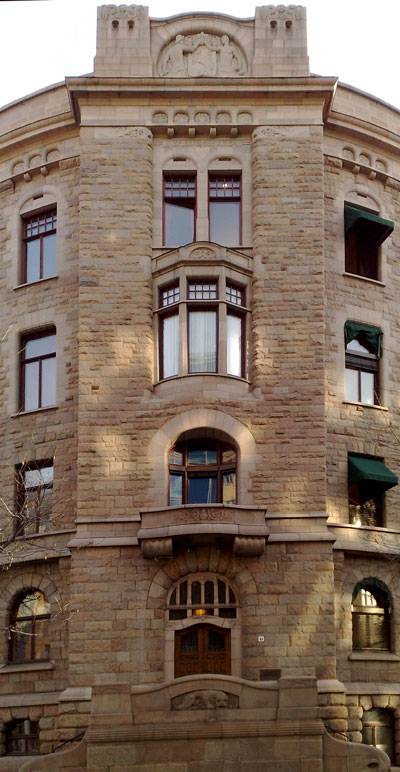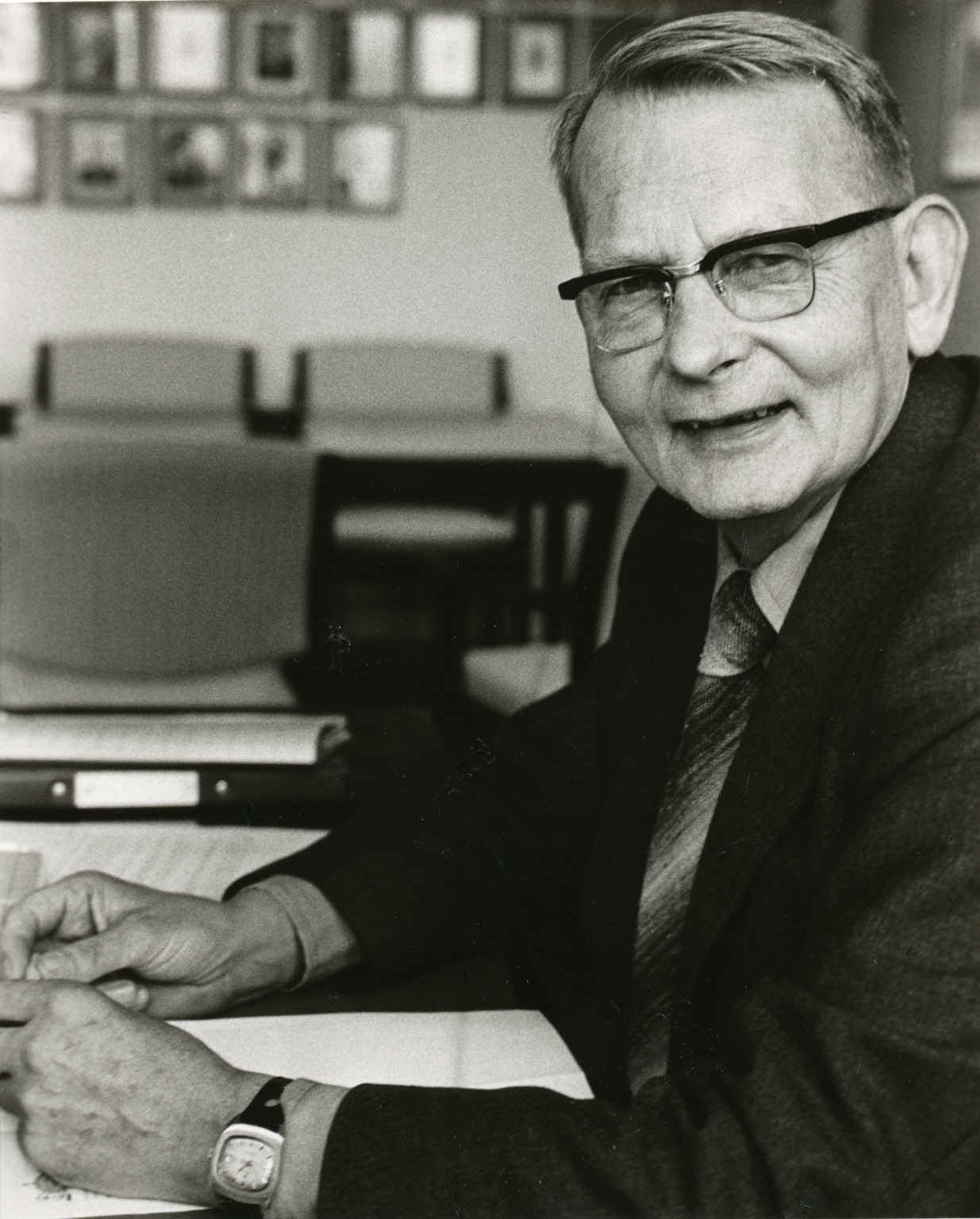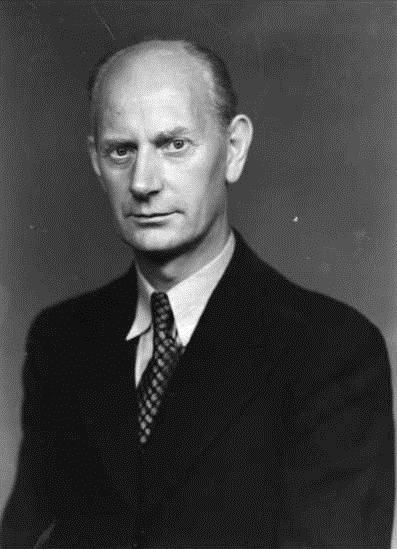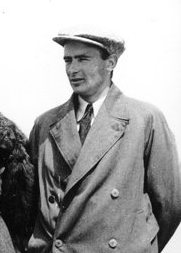|
Helge Seip
Helge Lunde Seip (5 March 1919 – 29 January 2004) was a Norwegian politician for the Liberal Party and later the Liberal People's Party. He was born in Surnadal. At a young age he became involved in the Young Liberals, the youth wing of the Liberal Party. In the local chapter of Oslo he was a member of the board from 1937 to 1939, and deputy chairman from 1939 to 1945. From 1945 to 1947 he was a board member of their national organization. In 1948 he became a deputy member of the Liberal Party national board, advancing to regular board member in 1952. He continued in this position, becoming national party leader in 1970. He was elected to the Parliament of Norway from Oslo in 1953, and was re-elected on three occasions in 1957, 1965 and 1969. In between he headed the Liberal ballot in the 1961 election, but the Liberals had no MPs elected. In 1965 he was appointed Minister of Local Government in the centre-right Borten's Cabinet. He left in 1970, and was replaced by Helge ... [...More Info...] [...Related Items...] OR: [Wikipedia] [Google] [Baidu] |
Minister Of Local Government And Modernisation (Norway)
The Minister of Local Government and Modernisation ( no, Kommunal- og moderniseringsministeren) is a Councillor of State and Chief of the Norwegian Ministry of Local Government and Regional Development. Currently, Centre Sigbjørn Gjelsvik has held the post since 2022. The ministry is responsible for local administration, including municipalities and county municipalities, rural and regional policy, information technology, elections and government administration, including management of state real estate and government employment. Major subordinate agencies include the Government Administration Services, Statsbygg, the Competition Authority, the National Office of Building Technology and Administration, the State Housing Bank and the Data Protection Authority. The position was created in 1948 as a successor of the Minister of Labour, originally named the Minister of Local Government and Labour. The title changed to the Minister of Local Government. Labour issues were moved ... [...More Info...] [...Related Items...] OR: [Wikipedia] [Google] [Baidu] |
Parliament Of Norway
The Storting ( no, Stortinget ) (lit. the Great Thing) is the supreme legislature of Norway, established in 1814 by the Constitution of Norway. It is located in Oslo. The unicameral parliament has 169 members and is elected every four years based on party-list proportional representation in nineteen multi-seat constituencies. A member of Stortinget is known in Norwegian as a ''stortingsrepresentant'', literally "Storting representative". The assembly is led by a president and, since 2009, five vice presidents: the presidium. The members are allocated to twelve standing committees as well as four procedural committees. Three ombudsmen are directly subordinate to parliament: the Parliamentary Intelligence Oversight Committee and the Office of the Auditor General. Parliamentarianism was established in 1884, with the Storting operating a form of "qualified unicameralism", in which it divided its membership into two internal chambers making Norway a de facto bicameral parliament ... [...More Info...] [...Related Items...] OR: [Wikipedia] [Google] [Baidu] |
Norwegian Ministry Of Finance
The Royal Norwegian Ministry of Finance (Norwegian: Finansdepartementet) is a Norwegian ministry established in 1814. The ministry is responsible for state finance, including the state budget, taxation and economic policy in Norway. It is led by Trygve Slagsvold Vedum ( Centre Party). The department must report to the Parliament of Norway. Organization The ministry is divided into the following sections: * Political staff * Information Unit * Asset Management Department * Budget Department * Financial Markets Department * Tax Law Department * Tax Policy Department * Economic Policy Department * Department of Administrative Affairs Subsidiaries The following government agencies are subordinate to the ministry: * Pension Fund Global * National Insurance Scheme Fund * Bank of Norway * Norwegian Customs and Excise Authorities * Norwegian Financial Supervisory Authority * Norwegian Government Agency for Financial Management * Norwegian National Collection Agency * Norwegian Tax Adm ... [...More Info...] [...Related Items...] OR: [Wikipedia] [Google] [Baidu] |
University Of Oslo
The University of Oslo ( no, Universitetet i Oslo; la, Universitas Osloensis) is a public research university located in Oslo, Norway. It is the highest ranked and oldest university in Norway. It is consistently ranked among the top universities in the world and as one of the leading universities of Northern Europe; the Academic Ranking of World Universities ranked it the 58th best university in the world and the third best in the Nordic countries. In 2016, the Times Higher Education World University Rankings listed the university at 63rd, making it the highest ranked Norwegian university. Originally named the Royal Frederick University, the university was established in 1811 as the de facto Norwegian continuation of Denmark-Norway's common university, the University of Copenhagen, with which it shares many traditions. It was named for King Frederick VI of Denmark and Norway, and received its current name in 1939. The university was commonly nicknamed "The Royal Frederick ... [...More Info...] [...Related Items...] OR: [Wikipedia] [Google] [Baidu] |
Municipal Council (Norway)
A municipal council is the legislative body of a municipality or local government area. Depending on the location and classification of the municipality it may be known as a city council, town council, town board, community council, rural council, village council, or board of aldermen. Australia Because of the differences in legislation between the states, the exact definition of a city council varies. However, it is generally only those local government areas which have been specifically granted city status (usually on a basis of population) that are entitled to refer to themselves as cities. The official title is "Corporation of the City of ______" or similar. Some of the urban areas of Australia are governed mostly by a single entity (see Brisbane and other Queensland cities), while others may be controlled by a multitude of much smaller city councils. Also, some significant urban areas can be under the jurisdiction of otherwise rural local governments. Periodic re-alignm ... [...More Info...] [...Related Items...] OR: [Wikipedia] [Google] [Baidu] |
European Economic Community
The European Economic Community (EEC) was a regional organization created by the Treaty of Rome of 1957,Today the largely rewritten treaty continues in force as the ''Treaty on the functioning of the European Union'', as renamed by the Lisbon Treaty. aiming to foster economic integration among its member states. It was subsequently renamed the European Community (EC) upon becoming integrated into the first pillar of the newly formed European Union in 1993. In the popular language, however, the singular ''European Community'' was sometimes inaccuratelly used in the wider sense of the plural '' European Communities'', in spite of the latter designation covering all the three constituent entities of the first pillar. In 2009, the EC formally ceased to exist and its institutions were directly absorbed by the EU. This made the Union the formal successor institution of the Community. The Community's initial aim was to bring about economic integration, including a common market an ... [...More Info...] [...Related Items...] OR: [Wikipedia] [Google] [Baidu] |
Government
A government is the system or group of people governing an organized community, generally a state. In the case of its broad associative definition, government normally consists of legislature, executive, and judiciary. Government is a means by which organizational policies are enforced, as well as a mechanism for determining policy. In many countries, the government has a kind of constitution, a statement of its governing principles and philosophy. While all types of organizations have governance, the term ''government'' is often used more specifically to refer to the approximately 200 independent national governments and subsidiary organizations. The major types of political systems in the modern era are democracies, monarchies, and authoritarian and totalitarian regimes. Historically prevalent forms of government include monarchy, aristocracy, timocracy, oligarchy, democracy, theocracy, and tyranny. These forms are not always mutually exclusive, and mixed govern ... [...More Info...] [...Related Items...] OR: [Wikipedia] [Google] [Baidu] |
Borten's Cabinet
Borten's Cabinet governed Norway between 12 October 1965 and 17 March 1971. The cabinet was led by Per Borten and consisted of the Conservative Party, the Centre Party, the Liberal Party and the Christian Democratic Party __NOTOC__ Christian democratic parties are political parties that seek to apply Christian principles to public policy. The underlying Christian democracy movement emerged in 19th-century Europe, largely under the influence of Catholic social tea .... It had the following composition: Cabinet members State Secretaries ReferencesPer Bortens regjering 1965-1971- Regjeringen.no Notes {{Christian Democratic Party (Norway) Borten Borten Borten Borten Borten 1965 establishments in Norway 1971 disestablishments in Norway Cabinets established in 1965 Cabinets disestablished in 1971 ... [...More Info...] [...Related Items...] OR: [Wikipedia] [Google] [Baidu] |
Minister Of Local Government And Regional Development (Norway)
The Minister of Local Government and Modernisation ( no, Kommunal- og moderniseringsministeren) is a Councillor of State and Chief of the Norwegian Ministry of Local Government and Regional Development. Currently, Centre Sigbjørn Gjelsvik has held the post since 2022. The ministry is responsible for local administration, including municipalities and county municipalities, rural and regional policy, information technology, elections and government administration, including management of state real estate and government employment. Major subordinate agencies include the Government Administration Services, Statsbygg, the Competition Authority, the National Office of Building Technology and Administration, the State Housing Bank and the Data Protection Authority. The position was created in 1948 as a successor of the Minister of Labour, originally named the Minister of Local Government and Labour. The title changed to the Minister of Local Government. Labour issues were moved t ... [...More Info...] [...Related Items...] OR: [Wikipedia] [Google] [Baidu] |
1961 Norwegian Parliamentary Election ...
Parliamentary elections were held in Norway on 11 September 1961. Dieter Nohlen & Philip Stöver (2010) ''Elections in Europe: A data handbook'', p1438 The result was a victory for the Labour Party, which won 74 of the 150 seats in the Storting. Although it lost the absolute majority it had held since 1945, the Labour Party was able to continue in government. Results Seat distribution Notes References {{Norwegian elections General elections in Norway 1960s elections in Norway Norway Parliamentary Norway Norway, officially the Kingdom of Norway, is a Nordic country in Northern Europe, the mainland territory of which comprises the western and northernmost portion of the Scandinavian Peninsula. The remote Arctic island of Jan Mayen and the ... [...More Info...] [...Related Items...] OR: [Wikipedia] [Google] [Baidu] |
1969 Norwegian Parliamentary Election
Parliamentary elections were held in Norway on 7 and 8 September 1969. Dieter Nohlen & Philip Stöver (2010) ''Elections in Europe: A data handbook'', p1438 Although the Labour Party remained the largest party, winning 74 of the 150 seats, the coalition of right-of-centre parties won 76 seats and retained power. The closeness of the result and fears of the two blocs winning an equal number of seats led to the number of seats being increased to an odd number for the next elections. Results Seat distribution Notes References {{Norwegian elections General elections in Norway 1960s elections in Norway Norway Norway, officially the Kingdom of Norway, is a Nordic country in Northern Europe, the mainland territory of which comprises the western and northernmost portion of the Scandinavian Peninsula. The remote Arctic island of Jan Mayen and the ... 1969 in Norway September 1969 events in Europe ... [...More Info...] [...Related Items...] OR: [Wikipedia] [Google] [Baidu] |







